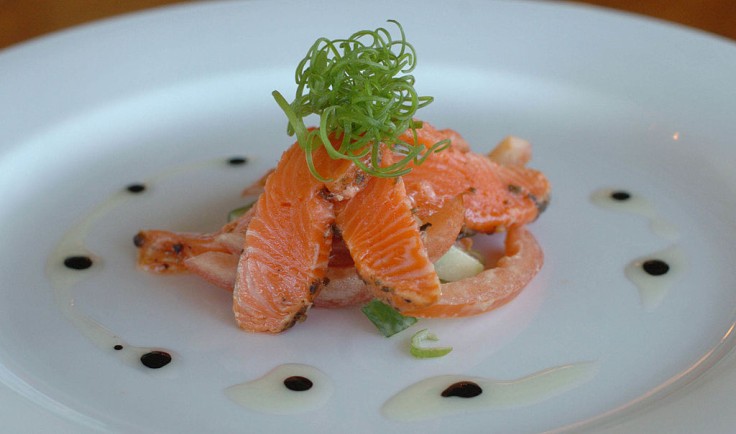
Your body needs cholesterol for your organs to function better, but if your cholesterol level is too high, you could be at risk for heart diseases or strokes. Thus, your doctor has likely told you to make an effort to achieve low cholesterol.
According to the U.S. Centers for Disease Control and Prevention, nearly 94 million adults in the U.S. in the age of 20 and above have high cholesterol. The most worrying thing is that this condition has no symptoms. You will only know if you're at risk if you take a blood test.
What you eat is the most important factor in maintaining low cholesterol. So, here are some great ways to do it:
1. Don't believe labels at face value.
Dr. Nick Fuller, a dietitian who created a successful weight loss program called Interval Weight Loss, said that you must not immediately believe product labels that read "cholesterol-free" because it's possible that the food still contains saturated or trans-fat. According to the Mayo Clinic, these are the worst kinds of fat because they trigger an increase in cholesterol.
Trans fat is abundant in pre-packed sweets, savory snacks, and fried food. Saturated fats are in many animal products and dairies.
2. Think twice about using coconut oil.
Similarly, if you're into coconut oil, which is another form of saturated fat, you'll need to control your intake. For some time, the health industry has pushed coconut oil as a superfood ingredient that may cure many conditions.
But while coconut oil has plenty of great uses for hair, skin, cognitive function, and the body's metabolism as it's full of fatty acids, it can raise the harmful cholesterol in the body in no time. A tablespoon of coconut oil is about 14 grams, but the American Heart Association recommends no more than 13 grams of saturated fat daily.
3. Increase your choices of non-starchy vegetables.
Limit your intake of starchy vegetables, such as potatoes, squash, and corn, as these may be contributing to your elevated cholesterol. Instead, eat more leafy greens, cauliflower, celery, carrots, asparagus, Brussels sprouts, broccoli, and cabbage, as these are high in fiber and protein. These vegetables will also support your goals to achieve low cholesterol if eaten consistently.
4. Fish steaks are the best.
The next time you're hankering for a steak, try tuna instead of beef or go for a salmon patty burger instead of a traditional beef burger. Tuna, salmon, and mackerel are rich in omega-3 fatty acids, a healthy fat that helps lower cholesterol, as per Dr. Leslie Cho, a cardiologist, via the Cleveland Clinic.
5. Switch to a plant-based diet.
If you're serious about lowering your cholesterol naturally, switching to a plant-based diet can have powerful results. If you stick with eating mostly fruits, vegetables, or whole grains, you'll be eliminating the bad fats in your food intake or start losing the unwanted weight.
However, before you make the big switch, check with a doctor for a thorough health evaluation and get recommendations from an actual dietitian.